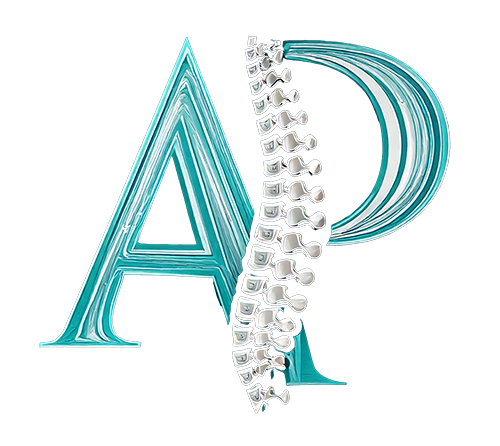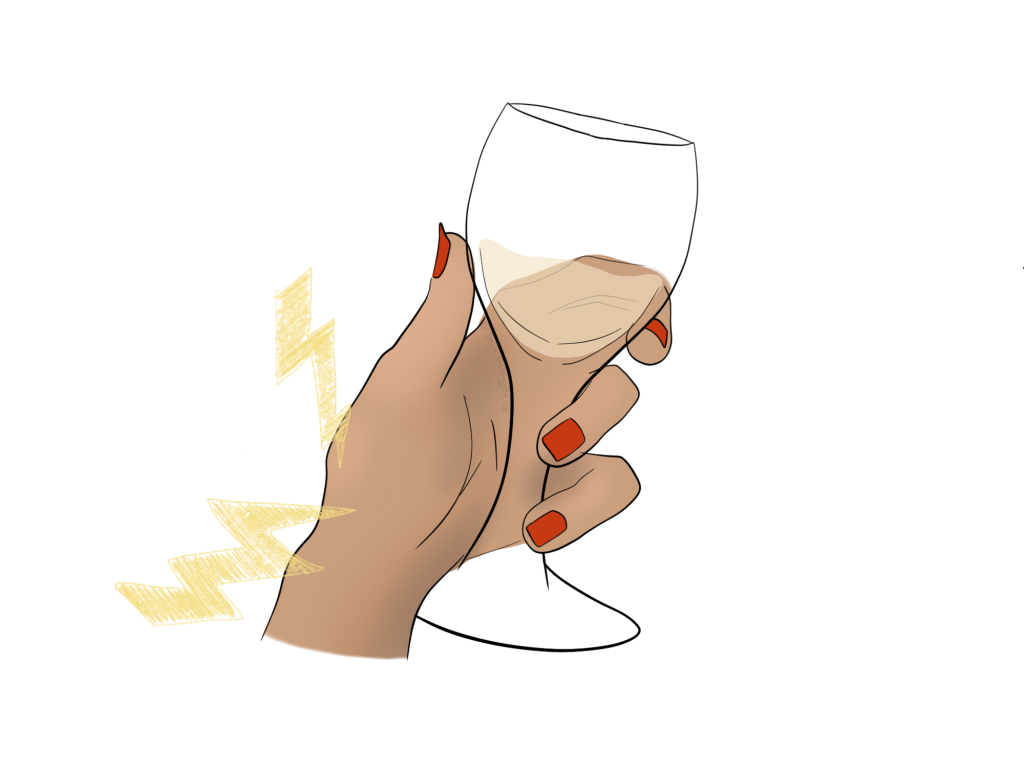Many people notice that, while drinking, their pain is altered. Often, they feel less pain during the evening, but maybe it returns with a vengeance in the morning. If this resonates with you, maybe you’re wondering if alcohol can really act as a painkiller?
How Alcohol Affects Pain
Alcohol has several effects on the body that can change the way we perceive pain:
- Muscle relaxation. Alcohol is a depressant of the central nervous system. In small amounts, it reduces muscle tone, which can make you feel looser and less restricted. This is one reason some people find aches and stiffness seem to ease after a drink.
- Pain relief. Research shows alcohol can raise pain thresholds. In other words, you may not notice discomfort as much while under its influence. This is thought to happen partly because alcohol dampens signals in the nervous system and partly because it alters mood and reduces anxiety—both of which influence how strongly pain is experienced.
- Short-term distraction. Alcohol also has psychological effects. Feeling more relaxed or sociable can draw attention away from physical symptoms, making pain seem less significant for a while.
It’s worth paying attention to when your pain changes. If it’s during the first drink, it might indicate that your pain is more related to muscle. Generally it takes a bit more alcohol before there’s a significant change to your pain tolerance. Passing this information onto your osteopath at your appointment can help to build a more accurate picture of what might be causing your pain.
The Downsides of Alcohol for Pain Relief
While occasional alcohol consumption might mask pain in the short term, there are, of course, risks involved. Pain is usually a signal that something in the body needs attention. Relying on alcohol to dull it risks ignoring the underlying cause. Nothing works in isolation, and masking an issue can allow compensatory patterns to develop, leading to further aches and pains.
Although alcohol might help you fall asleep faster, it reduces sleep quality. Poor sleep is strongly linked to increased sensitivity to pain. You might also find yourself sleeping in an awkward position after a few drinks, leading to things like a cricked neck. It’s true that short term alcohol use can improve pain levels, but it’s associated with worse pain in the long term. Two reasons for this are:
- Increased Inflammation
- Neurological damage
Excessive drinking can increase systemic inflammation, potentially making some types of pain worse in the long run. Chronic alcohol abuse can damage the nervous system. This includes peripheral neuropathy, where the nerves in the hands and feet become damaged, leading to tingling, numbness, or burning pain. Damage to the brain and spinal cord can also alter how pain signals are processed, sometimes heightening pain sensitivity instead of reducing it.
Moving Forwards
It’s important to separate the short-term effects from the long-term risks. While one or two drinks might temporarily relax the body and make pain feel less intense, regular alcohol use or binge drinking are linked to worse outcomes for many people with chronic pain. Over time, alcohol can change the way the nervous system functions, leading to more persistent pain, not less.
Finding Pain Relief without Alcohol
If you are dealing with ongoing pain, there are plenty of other things that you can utilise to manage your symptoms. These, of course, include osteopathic assessment and treatment to identify all factors involved and improve your symptoms through movement. Beyond this, in your appointments we can help you with:
- Gentle, regular exercise to reduce stiffness. We can support you with this if you’re unsure where to start
- Improving posture and ergonomics at work
- Stress management techniques such as breathing or mindfulness
Book an appointment to get to the root cause of your pain in Leicestershire or Rutland here.


